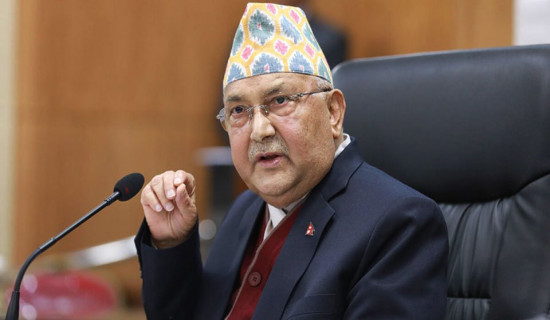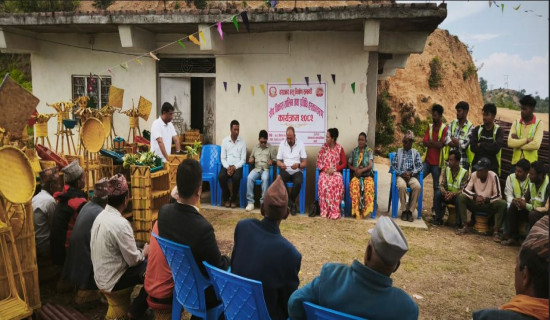- Sunday, 29 June 2025
Honour Social Contract
Have you ever thought about why we accept certain rules and governments that exist to govern us? Why do we accept laws, pay taxes and follow leaders whom we may not even like? The ultimate answer to this lies in the core concept of the social contract theory that is an agreement between the citizens of a country and their government, in which the former willingly surrender some of their freedoms in exchange for security, justice, protection of their rights, laws and regulations.
Noted philosophers - Thomas Hobbes, John Locke and Jean-Jacques Rousseau - laid the foundation of the social contract theory in different periods, each with a different vision. Hobbes argued that the people must submit to one fixed ruler, even if it’s harsh for the stability. He believed that without the government, human life would be brutal, nasty and short. On the other side, Locke disagreed and believed that the existence of government is only to protect natural rights (life, liberty and property), and if any government tends to violate this, then the people have the right to revolt.
Whereas Rousseau went further and argued that the true authority lies in the people, not the elite leaders, and the government must follow the general will. The social contract theory didn’t just remain any normal philosophical idea; it ignited revolutions, toppled monarchies and reshaped nations. Some landmark revolutions included the Glorious Revolution, the American Revolution, and the French Revolution.
Upon analysing the history of Nepal, the 2006 movement was directly caused by the broken promise between the leader and the people, directly aligning with the core philosophical principles of Locke’s “right to rebel” and Rousseau’s “general will”. In this particular condition, the broken contract was King Gyanendra’s 2005 coup – he disbanded the government and imposed autocracy. Just as Locke’s ideas fuelled America’s revolution, Nepal’s 2006 uprising invoked the same principles. The goal of the 19-day mass strike was to establish democracy in Nepal.
As the people exercised their right to rebel as well as the general will to establish democracy by ousting the current leader, the movement slowly succeeded. At first, the dissolved parliament was restored and then the comprehensive peace accord ended the Maoist insurgency. Later, on May 28, 2008, the monarchy was finally abolished and Nepal was declared a federal democratic republic.
Like Robespierre’s French Revolution, Nepal’s transition saw violence, which was the Maoists' revolt before stability. Through the ultimate journey of broken promises and revolutions, Nepal finally gained stability and democracy. Nepal’s journey from monarchy to republic, spurred by the ideals of social contract theory, succeeded.
The 2015 constitution promised a new era of federal democracy, inclusion and fundamental rights, establishing a new social contract. Yet, like many revolutions inspired by awareness or enlightenment, the gap between principle and practice persists. The declared secularism, federalism are big achievements. The elite capture, corruption, systemic exclusion, and frequent government collapses go against the spirit of the social contract, hindering the development of the country. For Nepal’s social contract to flourish, it must evolve from promised guarantees to lived reality.
















